Product pictures
| Amount Per 1 piece | |||
| Calories | 140 Kcal (586 kJ) | ||
| Calories from fat | 63 Kcal | ||
| % Daily Value* | |||
| Total Fat | 7g | 11% | |
|---|---|---|---|
| Saturated Fat | 4g | 20% | |
| Cholesterol | 45mg | 15% | |
| Sodium | 160mg | 7% | |
| Total Carbs | 12g | 4% | |
| Sugars | 2g | 8% | |
| Dietary Fiber | 1g | 4% | |
| Protein | 6g | 12% | |
| Vitamin A | 0.2mg | 6% | |
| Iron | 0.6mg | 3% | |
| Calcium | 100mg | 10% | |
* Percent Daily Values are based on a 2000 calorie diet. Your daily values may be higher or lower depending on your calorie needs.
Find out how many calories should you eat.
Ingredients And Nutrition Overview
Best
choice Good
choice Poor
choice Avoid
it!
choice Good
choice Poor
choice Avoid
it!
-
WeightWatchers Points: 3.2, PointsPlus: 4, SmartPoints: 5
WeightWatchers Points are estimated by carbohydrates, fats, protein and fiber in product. They are not an affirmation of better quality or nutritional value of the product or its manufacturer. Only way to count for dieters. Less points are better.
Read more at Weight watchers diet review -
Over 20% of daily saturated fat!
Bad! More 20% of daily saturated fat!
For years Saturated fat was claimed to raise cholesterol levels and give us heart attacks. Today different studies refute this claim. They say, that replacing saturated fat with carbohydrates or refined starch or sugar is not changing the heart disease risk. Not processed carbs nor saturated fats are good for you. Only if you replace it with polyunsaturated fat, you'll get a reduction in heart disease risk. So try to have a balanced diet. -
Keep an eye on the cholesterol.
Today cholesterol is no longer a villain. The 2010's USDA guidelines told us to limit cholesterol from foods
Now experts say cholesterol is "not a nutrient of concern" because cholesterol from foods doesn't cause higher blood cholesterol levels.
Nevertheless try to consume no more than 300 milligrams daily.
This product contains more than 15% of your daily cholesterol intake.
If you still are on a low cholesterol diet, please keep in mind:
- nutritionists are not recommending you go out and binge on cheeseburgers and fries.
- 10% of your daily allowance can quickly become 50% when a hamburger turns into double cheeseburger.
-
Want to lower the cholesterol intake? Here are some advices:
- Try to limit your cheese, dairy and meat intake to one item per meal.
- Avoid meals with multiple sources of cholesterol (chicken with cheese, junk food)
- Try to indclude in your diet low- or nonfat dairy, seafood, legumes and nuts.
- Choose water instead of milk for your coffee.
-
Convert Salt tsps to Sodium mg easily
Salt (NaCl) is not excactly sodium (Na).
It is not right to use these terms as synonyms.
The FDA recommended limit of sodium is 2,300 mg per day (or even less - about 1500 mg while one is on low sodium diets).
This is much less than the weight of salt.
(5,750 mg per day or 3,750 mg for low sodium diet) and not so convenient to calculate.
Know how much sodium is in your salt - without a calculator:
1/4 tsp salt = 600 mg sodium
1/2 tsp salt = 1200 mg sodium
3/4 tsp salt = 1800 mg sodium
1 tsp salt = 2300 mg sodium -
Great! Contains less than 1.5 tsp of sugar.
Great! Contains less than 1.5 tsp of sugar per serving!
-
Low fiber :-(
It is not really good to have a breakfast with so little amount of fiber!
Your morning meal should have more fiber or it won't have good effect on your health.
You should add some natural fiber to your cereal or switch to a better one, that has more than 4g of fiber per serving.
Some suggestions to make this product better:
- add some fresh fruits or eat them as a dessert
- add some seeds or nuts
- add any high fiber cereal (for example Granola or bran)
There is not much fiber in here and that's not good!
Your breakfast should have more fiber and this cereal alone won't do the trick.
Either switch to a healthier cereal (with at least 4 grams of naturally occurring fiber)
or add some healthy natural fiber to your cereal or breakfast.
TIPS on adding fiber to cereal:
- Mix in some high fiber cereal, like wheat bran
- Add 2 Tbsp of ground flax seeds
- Eat fresh fruit or berries
-
A good source of protein
For many vegans and vegetarians, it's important to get enough protein.
The product you've just scanned will provide you with 12% or more of your daily protein requirement.
If you're a vegan having trouble meeting your protein needs, try nuts and beans.
Sprinkling nuts onto any dish is a quick, easy and nutritious solution.
Try adding beans in places you might not normally eat them.
Add beans to pasta dishes, stir fries and even salads.
While meat alternatives like Tofu do provide a quick and easy protein intake, they should not be your only source of protein.
Eat proteins from a variety of sources for best results. -
Learn about veggies and iron
Veggies such as broccoli, bok choy, spinach, parsley and most leafy greens are naturally high in iron.
However, compared to other high-iron foods, like red meat, fish and poultry, the iron in plant foods is not absorbed as easily by the body. What can you do to increase the absorption of iron from these plant foods?
- Vitamin C increases the absorption - so try having a fresh tomato, lemon juice, or an orange together with your high iron food
- Avoid drinking too much coffee - caffeine can decrease the absorption of iron
- In addition to caffeine, the tannins found in tea can also reduce iron absorption
- If you are a vegetarian, try having iron-fortified breakfast cereals, legumes, and eggs
-
A naturally good source of Calcium
You get real, natural easy absorbing Calcium from this product, not as an artificial fortified ingredient.
This is great! Let's try to get the best from the real food, because we get too much from artificial ingredients nowdays. -
Carrageenan is an additive made from seaweed.
It is used as a thickener in products such as ice cream, jelly, chocolate milk, infant formula, cottage cheese.
It is a vegetarian and vegan alternative to gelatin.
It has been used for hundreds of years in Ireland and China, but only made headway into modern food processing in the last 50 years.
The processing steps after harvesting the seaweed include drying, grounding, filtration, treatment with potassium hydroxide, removal of cellulose by centrifuge, concentration by evaporation, drying, and grounding.
Interestingly, the Philippines account for the vast majority of the world supply of carrageenan.
In some animal studies, carrageenan was shown to cause intestinal lacerations and tumors.
A 2001 meta-study of 45 peer-reviewed studies concluded that carrageenan consumption may result in gastrointestinal malignancy and inflammatory bowel.
The FDA has approved carrageenan as safe, basing its decision on industry funded studies.
European agencies and the World Health Organization have also deemed carrageenan safe, with the exception of infant formula.
The fear is the a baby's gut may be unable to handle the large carrageenan molecules.
In some individuals carrageenan may cause intestinal discomfort or worse.
Allergens
Milk Allergy, Lactose Allergy, Gluten Allergy, Wheat Allergy, Eggs Allergy, Corn Allergy, Soy Allergy
Cheese stuffed shells Ingredients
Whole Milk Ricotta Cheese (Whey, Pasteurized Milk, Vinegar, Carrageenan), Water, Enriched Semolina Flour (Durum Wheat Flour, Niacin, Ferrous Sulfate, Thiamin Mononitrate [Vitamin B1], Riboflavin [Vitamin B2], Folic Acid), Imported Romano Cheese Made From Sheep's Milk (Pasteurized Sheep's Milk, Bacterial Culture, Salt, Rennet), Parmesan Cheese (Pasteurized Part Skim Milk, Cheese Cultures, Salt, Enzymes), Eggs, Corn Starch-Modified, Salt, Garlic Powder, Dehydrated Parsley Flakes, Soybean Oil.
You Might Also Like
% RDI of Main Nutrition Facts
7%
of RDI* (140 calories) 0 g
-
Cal: 7 %
-
Fat: 10.8 %
-
Carb: 4 %
-
Prot: 12 %
-
0%25%75%RDI norm*
Calories Breakdown
- Carbs (35.6%)
- Fat (46.7%)
- Protein (17.8%)
Get Your Recipe of Health!
Follow RecipeOfHealth on Facebook!

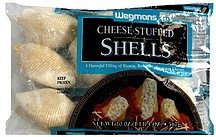
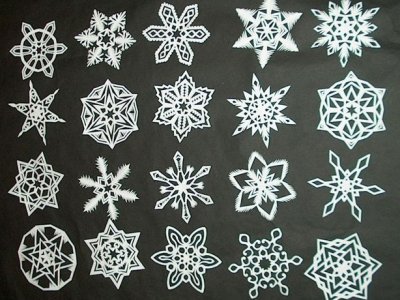
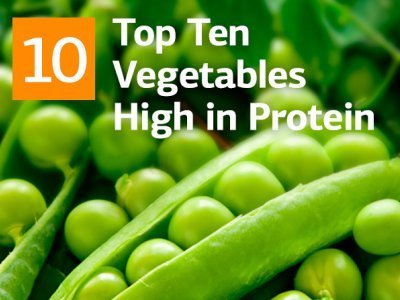

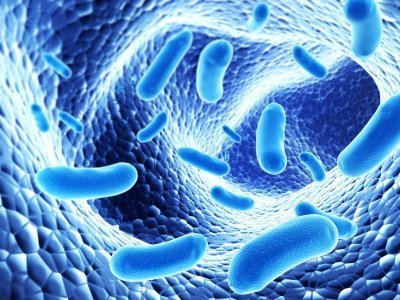


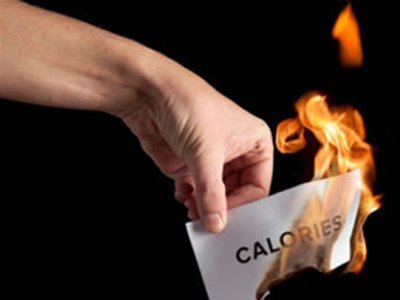
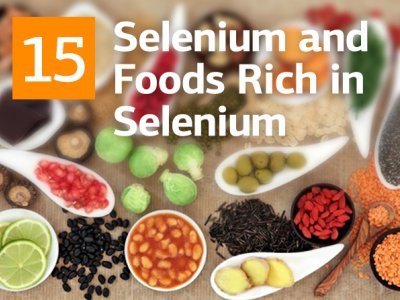
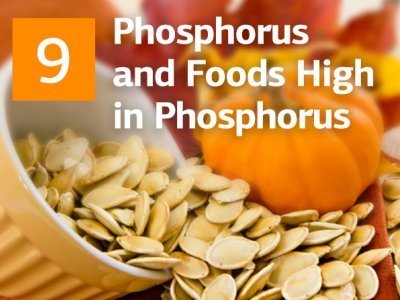
Add your comment